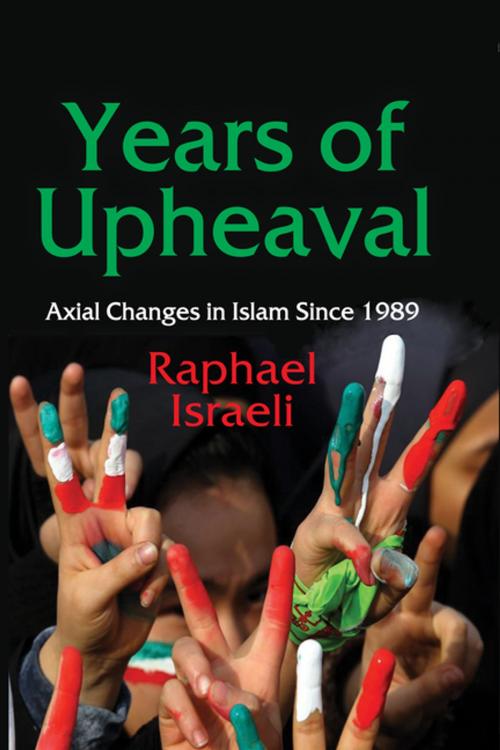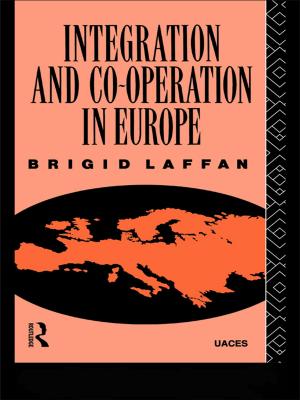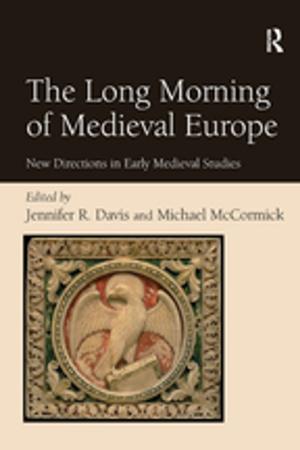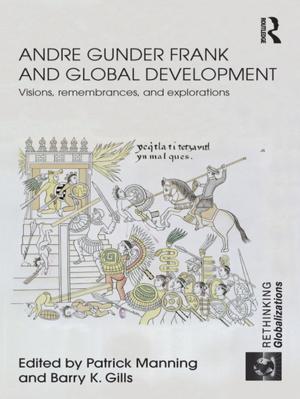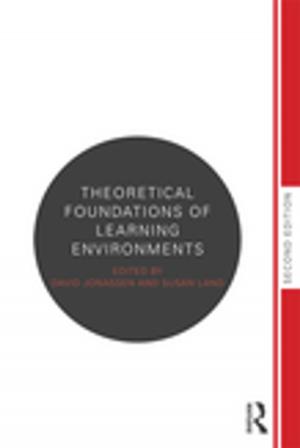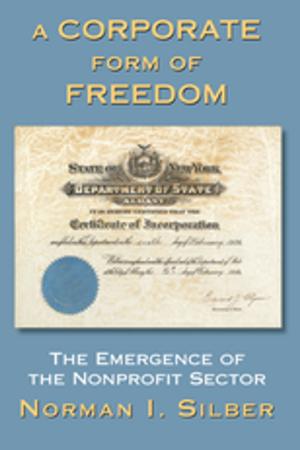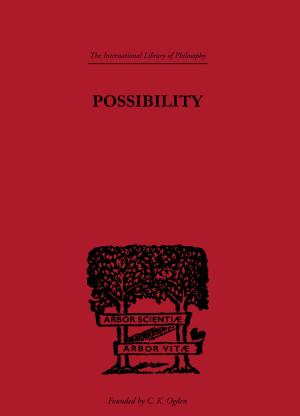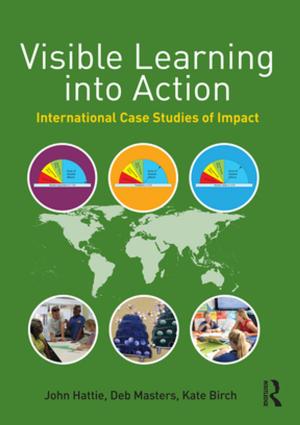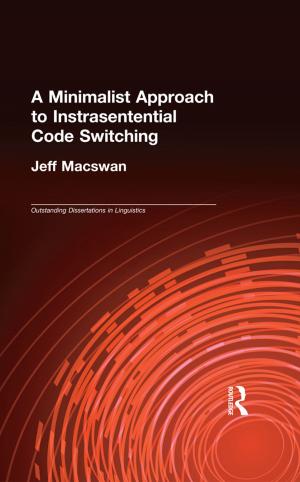Years of Upheaval
Axial Changes in Islam Since 1989
Nonfiction, Religion & Spirituality, Middle East Religions, Islam, Social & Cultural Studies, Social Science| Author: | Raphael Israeli | ISBN: | 9781351470858 |
| Publisher: | Taylor and Francis | Publication: | July 5, 2017 |
| Imprint: | Routledge | Language: | English |
| Author: | Raphael Israeli |
| ISBN: | 9781351470858 |
| Publisher: | Taylor and Francis |
| Publication: | July 5, 2017 |
| Imprint: | Routledge |
| Language: | English |
Years of Upheaval discusses 'Axial periods' in history; years that witnessed such fundamental reversals in history as to make the world turn upside down and inaugurate a new era. Raphael Israeli sees the post-1989 period as such a period in Islam. He explores events in the Islamic world since the end of the 1980s, and during the 1990s and their aftermath, particularly following the Iranian Islamic Revolution, the Rushdie Affair, and the death of Khumeini.Israeli posits these events signalled a new age of Islamic violence and fundamentalism. The period has seen the dissipation of state borders and the rise of transnational and trans-territorial movements, such as ISIS, that have been extraordinarily attractive to young people in the Islamic world. The hopeful Arab Spring (2010-2013) has been replaced by a threatening Islamic winter.A number of major events shook the Muslim world on both the Asian and the African continents as well as peripheral Islamic minorities in Australia, Canada, and Latin America. Among them were the Islamic Bomb and the rise of radical Islamic movements (notably Hamas and Hezbollah) and the rift between Sunnites and Shiites. These and other momentous events in the Islamic world occasioned the 'Arab Spring' and produced unrest in a wide swath of the Muslim world. Even more importantly, these were forming trends that are characterizing the decades thereafter.
Years of Upheaval discusses 'Axial periods' in history; years that witnessed such fundamental reversals in history as to make the world turn upside down and inaugurate a new era. Raphael Israeli sees the post-1989 period as such a period in Islam. He explores events in the Islamic world since the end of the 1980s, and during the 1990s and their aftermath, particularly following the Iranian Islamic Revolution, the Rushdie Affair, and the death of Khumeini.Israeli posits these events signalled a new age of Islamic violence and fundamentalism. The period has seen the dissipation of state borders and the rise of transnational and trans-territorial movements, such as ISIS, that have been extraordinarily attractive to young people in the Islamic world. The hopeful Arab Spring (2010-2013) has been replaced by a threatening Islamic winter.A number of major events shook the Muslim world on both the Asian and the African continents as well as peripheral Islamic minorities in Australia, Canada, and Latin America. Among them were the Islamic Bomb and the rise of radical Islamic movements (notably Hamas and Hezbollah) and the rift between Sunnites and Shiites. These and other momentous events in the Islamic world occasioned the 'Arab Spring' and produced unrest in a wide swath of the Muslim world. Even more importantly, these were forming trends that are characterizing the decades thereafter.
